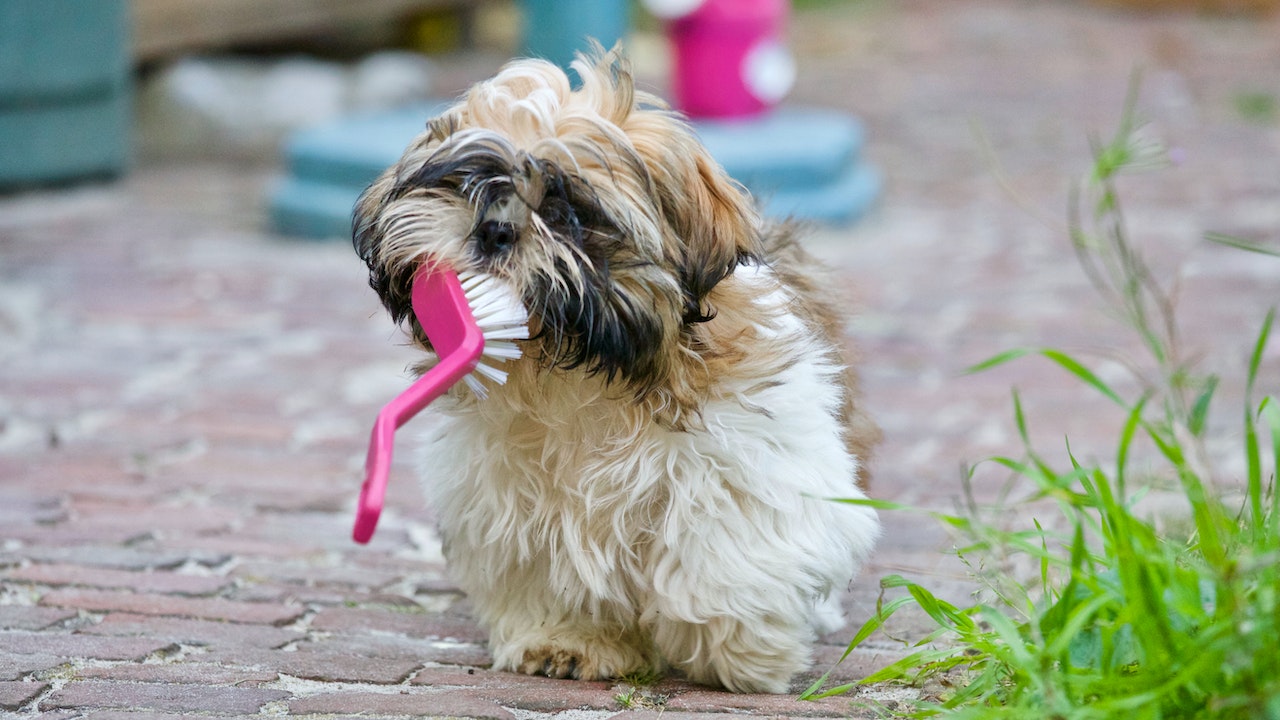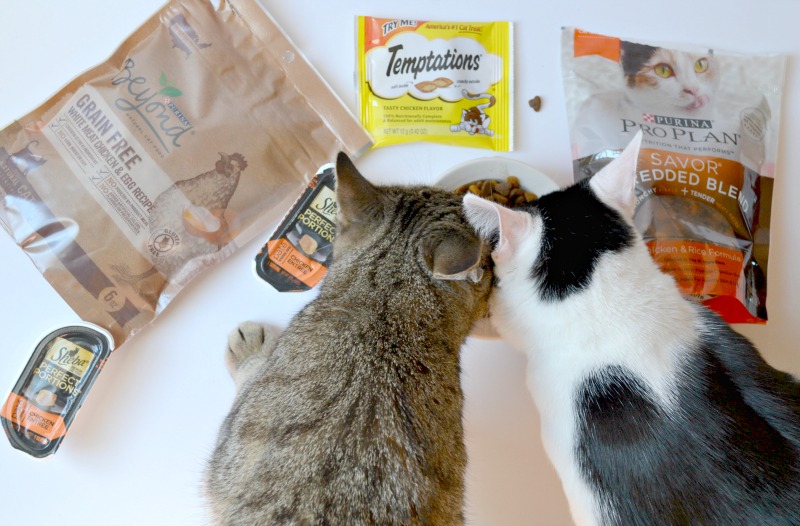The Importance of Dental Care for Your Furry Friends
Dental care is often overlooked when it comes to our pets, but just like humans, they also require regular dental care to maintain good oral health. Implementing proper dental care practices and techniques not only promotes better oral hygiene but contributes to their overall health and well-being. In this article, we will discuss various helpful dental care practices and tips for your furry friends to prevent common dental issues and maintain a healthy lifestyle.
Why Dental Care? Understanding the Risks
Ignoring dental hygiene for your pet could lead to dangerous consequences. Just like in humans, poor dental health can result in bad breath, plaque and tartar buildup, gingivitis, periodontal disease, oral pain, tooth loss, and the spread of bacteria to vital organs By understanding these risks, you’ll appreciate the importance of practicing proper dental care.
As a pet owner, it’s important to be aware of the signs indicating potential dental issues in your pets. Some common symptoms include bad breath, excessive drooling, swollen or bleeding gums, loss of appetite, and pawing at the mouth. If any of these signs are noticed, consult your veterinarian for further evaluation and potential treatment options.
Maintaining a Healthy Diet
One of the major aspects of your pets’ dental health is their diet. A balanced and varied diet will promote healthy gums and teeth, prevent excess plaque and tartar build-up, and strengthen their immune system.
Some tips for proper diet to promote oral hygiene include feeding your pets dry kibble specifically designed for their size, age, and breed, providing safe chew toys or dental treats to help stimulate the gums and reduce tartar, and avoiding feeding your pets soft or canned foods that can easily stick in their teeth and lead to plaque build-up.
While providing the right foods and treats is essential, it’s also important to be aware of what not to give your pets. Some foods can be harmful or even toxic to pets, so it’s a good idea to educate yourself and make sure you know what to avoid. For example, it’s essential to know whether pets should consume certain fruits or vegetables, such as can dogs eat oranges, which provides valuable information and advice for pet owners.
Taking Preventative Measures
Prevention is often better than finding a cure. Taking preventative measures can help reduce the likelihood of developing dental problems in the first place. Some ways you can proactively prevent dental issues include not giving your pets human food that can harm their teeth and gums, keeping up with annual vet visits, and being informed about potential dental health issues specific to your pets’ breed or age.
Regular check-ups are essential for early detection and prevention of dental issues in pets. Take your pet to the vet at least once a year for professional dental examinations. During the check-up, the vet may perform an oral examination to detect any swelling, redness, or early signs of periodontal disease. They can also perform teeth scaling and polishing to remove plaque and tartar and do an assessment of underlying issues that require professional treatments or further evaluation.
Teeth Brushing and Natural Remedies
Brushing your pet’s teeth is a crucial part of dental care in preventing oral health problems. Only use pet toothpaste and toothbrushes designed for animal use. Try to start brushing your pet’s teeth at a young age to build a routine and stay consistent with daily brushing. Ensure comfortable and positive experiences to keep your pet cooperative.
Besides adhering to a proper diet and regular toothbrushing, there are certain natural remedies to help improve your pets’ oral hygiene. Some possible options include:
- Coconut oil – contains antimicrobial properties for a healthier mouth
- Apple cider vinegar – helps eliminate harmful bacteria in your pets’ mouths
- Fresh parsley – a natural breath freshener for pets that can help combat bad breath
It’s essential to introduce any home remedy gradually and watch for any possible adverse effects to ensure the safety and effectiveness of these remedies for your pets.
Special Considerations for Brachycephalic Breeds
Brachycephalic breeds, or pets with short snouts (such as Bulldogs, Pugs, and Persian cats), are more prone to dental problems due to the structure of their mouth and teeth. As a result, special attention should be given to ensure proper dental care. Some additional considerations include extra vigilance during oral examinations, being aware of breed-specific dental problems and symptoms, and ensuring proper oral hygiene through more frequent cleanings.
Dental care plays a significant role in maintaining your furry friend’s overall health and well-being. By incorporating proper dental care practices such as a well-balanced diet, consistent teeth brushing, annual vet check-ups, and being vigilant in recognizing dental problems, you can keep your pets healthy, happy, and enjoying their best possible life.


